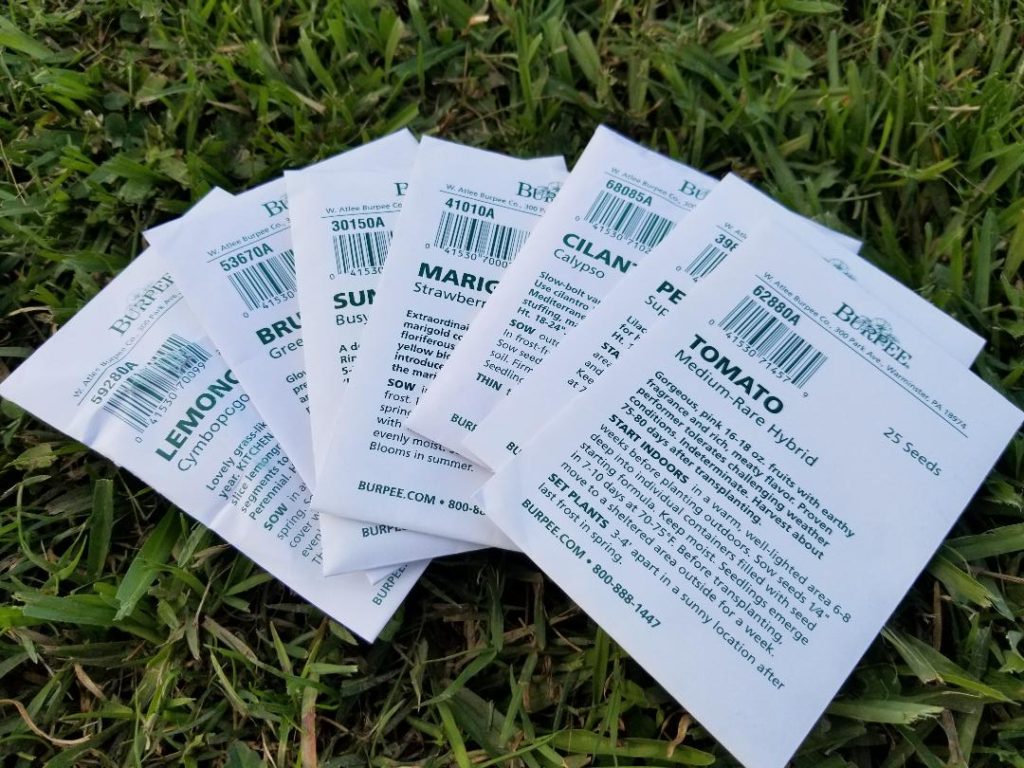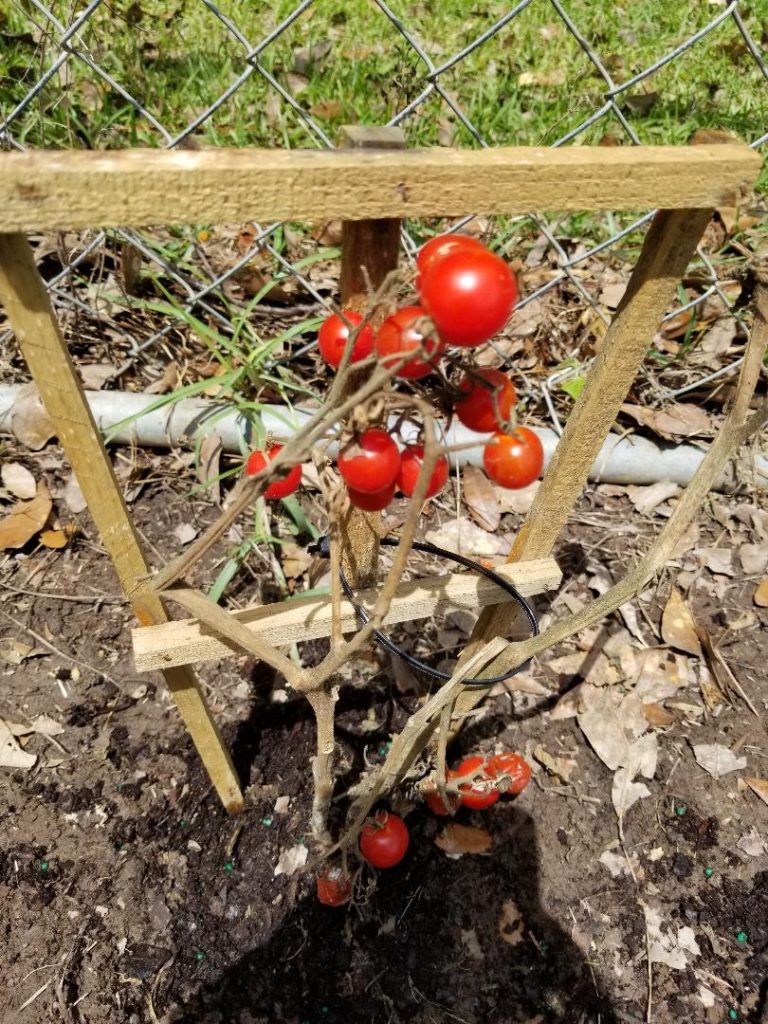Disclosure: This is not a compensated or sponsored post. I was provided the product for review purposes only. All opinions expressed here are my own.
After 2020, this year I have seen a more concerted effort to improve health and well-being. One of the ways to do that is gardening. Gardening is more than a trend, it is a way for us it is a way to celebrate life and reduce stress. Whether you are growing, flowers, herbs, or vegetables making something worthwhile using your own hands will give you such confidence. They are tons of benefits to building and maintaining your very own garden.
I was lucky enough to team up with Burpee seeds to bring you some great information about growing your own garden. Burpee is one of the largest online retailers of seeds and gardening supplies. This year Burpee presented the first-ever 2021 Burpee Garden Cast, the company’s first-ever gardening forecast report rooted in industry trends and expert insights. The trends highlighted this year include Quiet Garden, Garden of Joy, World Herb Garden, Immunity Garden, and Meatless Monday Garden.
I loved reading the entire report, but I wanted to focus on one trend and choose the Immunity Garden. This one appealed to me because I am always looking for ways to improve my immune system.
Planting a garden full of vibrant vegetables fosters a diverse diet loaded with antioxidants and nutrients that support your immune system, while a dazzling medley of squash, radishes, and tomatoes adds appetizing eye candy to your garden and your salad bowl.
The colors of your vegetables reflect the different phytonutrients and antioxidants inside. That’s why multi-hued meals give you more health benefits and disease-fighting power than monochromatic ones. Try growing the following nutrient-rich vegetables.
Let’s take a look at a few of these vegetables.
Red Tomatoes- Tomatoes get their ruby-red hue from lycopene a powerful antioxidant that promotes heart health by helping to improve cholesterol levels. Lycopene may also reduce the risk for prostate and breast cancers. Tip: Stretch out your tomato season by planting one or more varieties at different times early, middle or late summer. I was lucky enough to be able to start a little early in the South, and have already begun to see some of the results.
Orange Squash-The sweet orange flesh of winter squash is rich in Vitamin C, which aids immune function. By enhancing iron absorption, Vitamin C also helps energize the body and fight fatigue. Tip: Squash plants have a shallow root system, so use mulches to help retain soil moisture and maintain even soil temperatures.
Yellow Pepper-Crispy yellow peppers are packed with vitamins, including brain-boosters B6 and B9. B vitamins support memory function. Tip: Pepper plants require steady watering, but they won’t tolerate waterlogged roots. Add organic matter to the soil when planting to regulate soil moisture.
Green Broccoli-Tree-like broccoli is full of fiber, which is critical for good digestive health and bowel function. Its fiber and antioxidants also aid in controlling blood sugar levels. Tip: Pick broccoli when the heads have tight, firm buds. This happens about 50-60 days after transplant.
Green Swiss Chard-Leafy and tender green chard is a ripe source of essential minerals-especially magnesium, a critical supporter of muscle and nerve function. Tip: Chard plants are harvested regularly will continue to produce new growth from the center of the plant.
Purple Radishes-Anthocyanins give radishes their elegant colors, and they also have cancer-fighting properties. Natural pigments have been shown to prevent and curb cancer cell growth. Tip: Sow radishes in midsummer for late fall and winter use. They can grow large with several inches of root showing above ground.
These are just a few of the vegetables that you can grow, there are so many out there. Choose what you and your family love to eat and go with it.
Allow some time for nature to work its magic and then the final step is to enjoy. Get creative on family night with some fresh, zesty salads or grilled vegetables. Gardening has been a great tool for me to reduce the stress these few months and it is because it is healthy, homey, and fun.
Do you grow vegetables? What are your favorites?


Leave a Reply